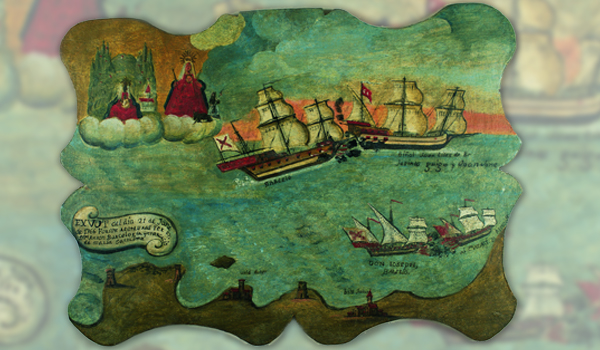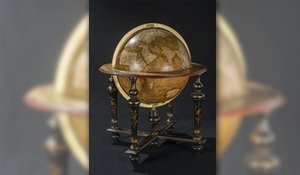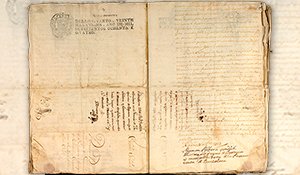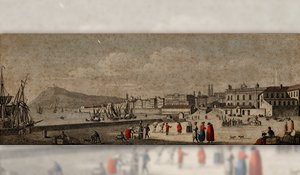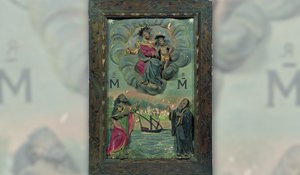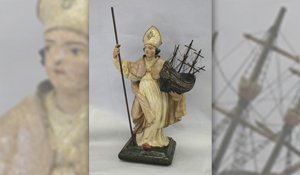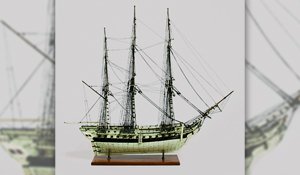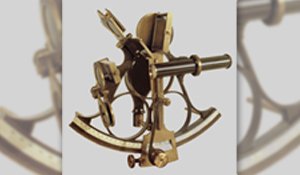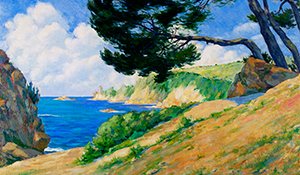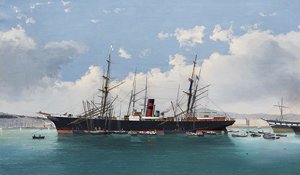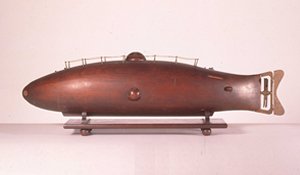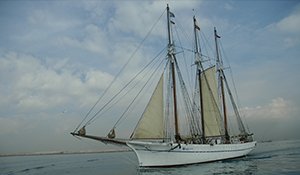The Maritime Museum’s collections are extremely rich and varied. They include pieces ranging from a ship that still sails to a postal stamp, or from a steam engine to a 14th-century manuscript. Of course, they also include everything you expect to find in a maritime museum: binnacles, anchors, model ships, navigational tools, etc. In other words, all sorts of documents and objects from the miniscule to the huge, from all different periods and made of all sorts of materials. For decades, the Museum has gathered examples of the maritime past, a heritage that reminds us of the lives of seafarers, the histories of ships and maritime activities in peacetime or war.
We would like to offer a selection of objects and documents that are notable for their historical interest, their rarity or their aesthetic value. These can give you a general idea of the content of the Museum’s collection. However, do not forget that there is a great deal beyond this selection, with thousands of artefacts and documents that you can discover using our search engine or other resources.
We encourage you to take a stroll through some of the key pieces in our Museum’s collection, grouped into twelve categories to help you keep your bearings.
Ex-voto of a naval battle from the Hermitage of Nostra Senyora de La Cisa
Ex-votosThis ex-voto is related to a famous figure from the wars against North-African corsairs and pirates: Antoni Barceló. The painting is a fairly clear and complete narrative of the battle between two Spanish square-sailed xebecs and two Saracen corsair vessels. On the left are the Virgin of Montserrat and the Virgin of Cisa, observing the naval battle off the coast of Alacant, between Benidorm and La Vila Joiosa. Below, we see the names of three Christians captured by the corsairs and rescued by Barceló. The text reads: “Ex-voto from the 21st of January 1776, we were recovered by Mr Anton Barceló and with the intercession of Most Holy Mary.” The piece, of unknown authorship, is from the Hermitage of Nostra Senyora de la Cisa, in Premià de Dalt.





